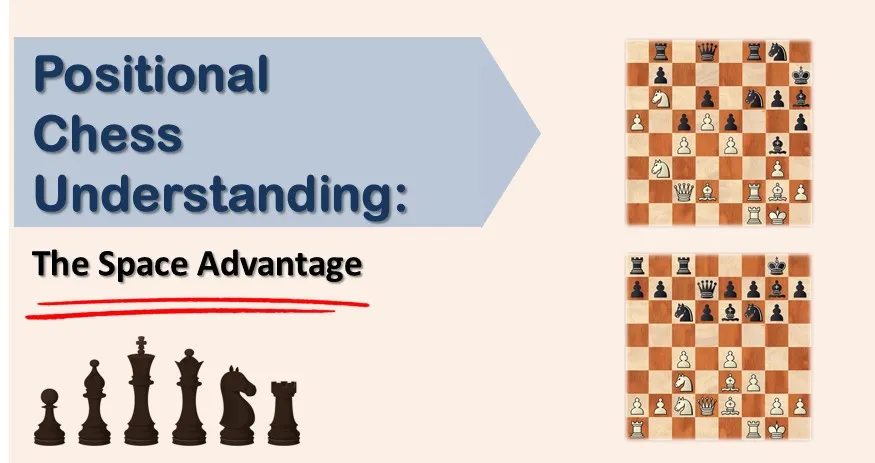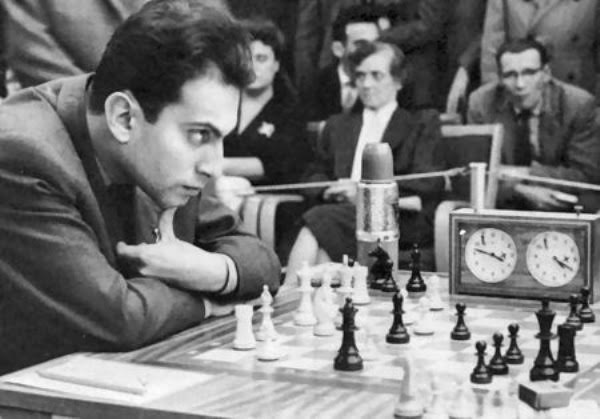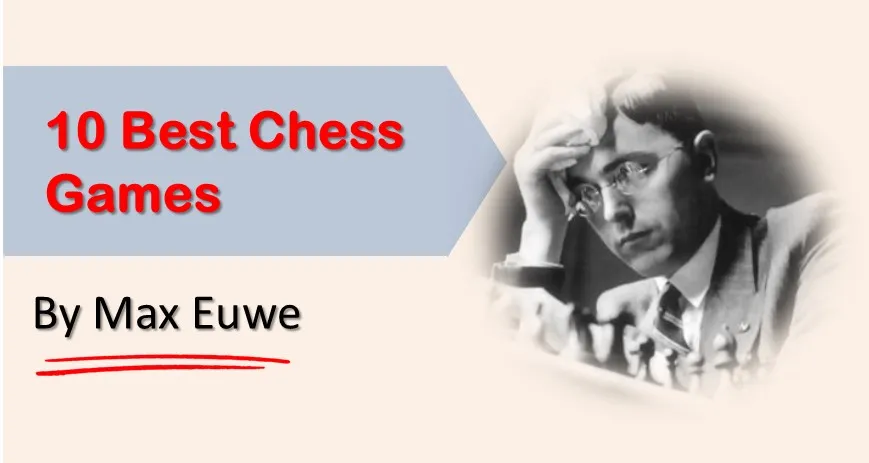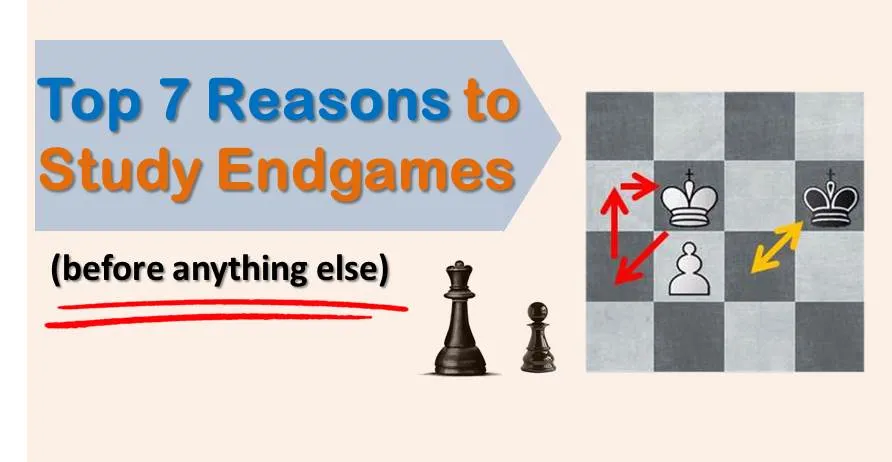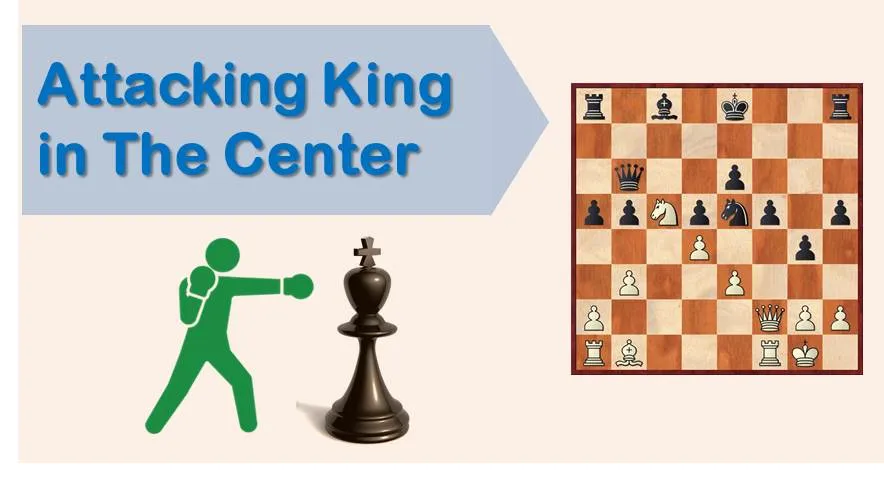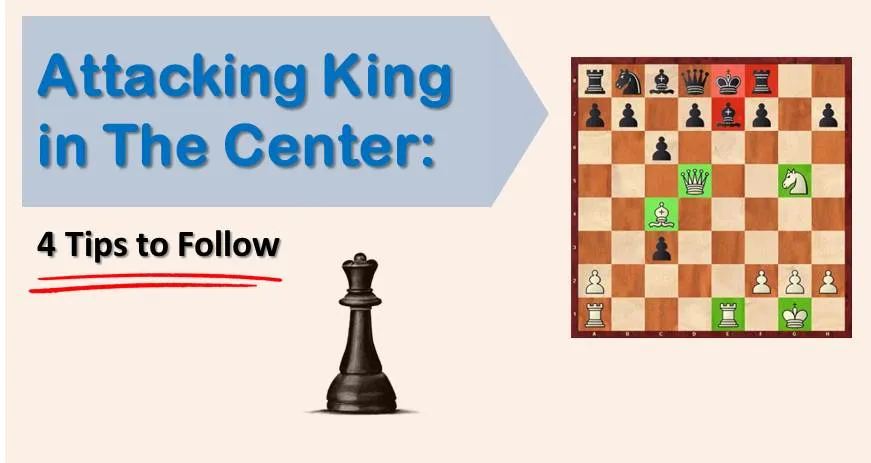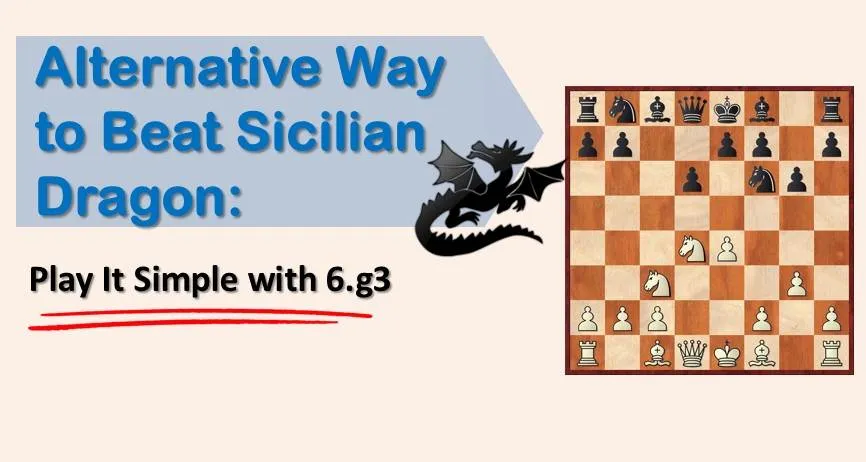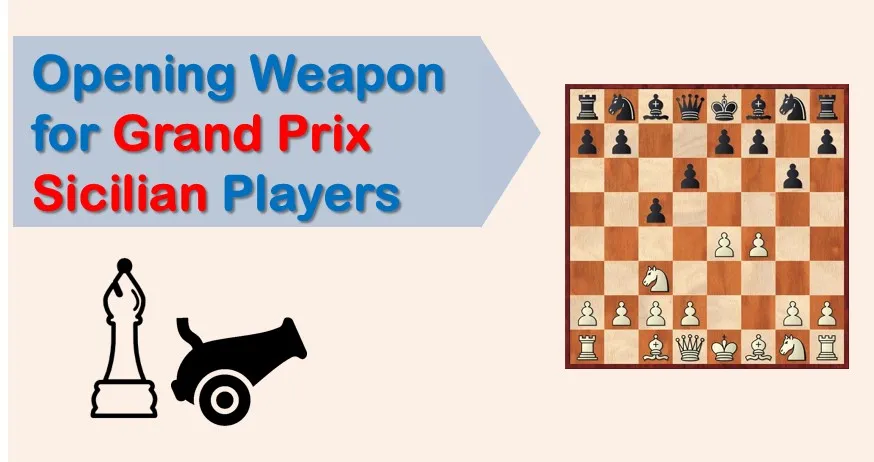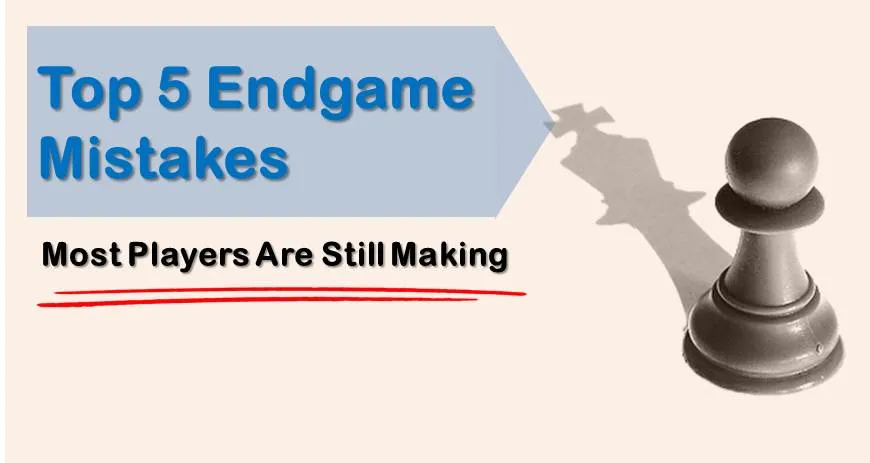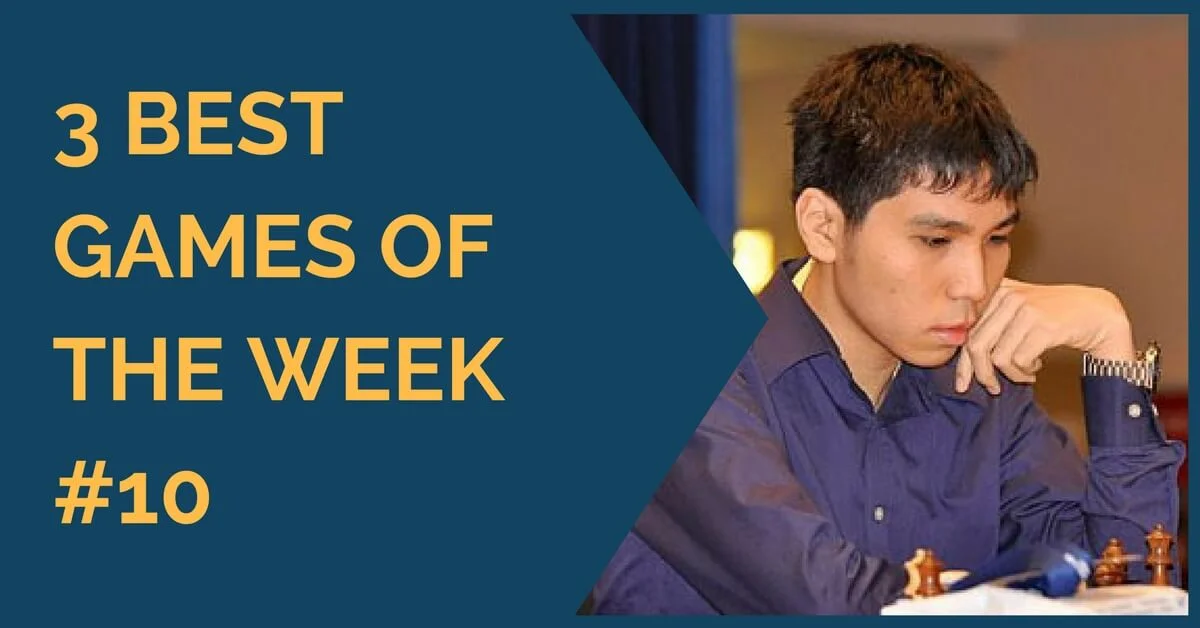Latest Posts - Page 100
A very common element in chess is the concept of SPACE. Very often we hear masters talking about the importance of space in today’s chess. Along with the concept of the bishop pair, the concept of space advantage has become one of the most important factors when it comes to evaluating positions and making decisions in the opening and middlegame.
Twenty three years ago, this day (28th June, 1992) Mikhail Tal passed way and the chess world was plunged in grief. The following obituary appeared at the time-Ed.
Max Euwe was a Dutch chess Grandmaster, fifth World Champion. Euwe was a very theoretical and logical chess player and made his contribution to the the opening theory. Euwe contributed many of his tournament successes to his superb physical shape and mathematical thinking. He was especially strong in very complicated variations requiring careful evaluation due to his superior calculating ability. There is a lot we can learn from Max Euwe’s games.
Endgames are missed among typical players which usually start their chess journey by studying openings, solving tactics, and playing as many games as they possibly can. Do you see what’s wrong with this approach? These players are missing out on a huge part of chess, namely the endgames. That is the part of the game that starts after the first 30-35 moves are played and there aren’t many pieces left on the board. Why is it so important to study endgames? We are about to find out.
In the first part of this article, we have presented a few elements that should ring an alarm and help you realize that it might be time to launch an attack against your opponent. In general, the ideas we mentioned can be applied in other circumstances as well, not only when our opponent’s king is in the center. You can also consider them when attacking the castle, for example.
The king in the center is always a questionable factor during a chess game. It always raises doubt about whether it’s safe or not. Sometimes bravery can be easily confused with imprudence and a player can find himself under an unstoppable attack against his king. The basic principles of the opening, in 90% of the cases, should not be broken.
***
Sicilian Dragon is one of the most complex lines of the Sicilian Defense. Generally, those who play the Dragon are well-prepared players looking to lure their opponents into sharp positions full of tactical traps. One interesting thing about this variation is that, for white, the Yugoslav attack (Be3, f3, Qd2, etc) has been established (and for a good reason) as the principal way of playing against black’s aggressive intentions.
Grand Prix variation against the Sicilian is among the lines that most people study once and move on. A short knowledge of the theory and a few clear ideas is enough to play against it. However, when meeting a specialist of the line, that may not be enough. A few years ago, I was playing 2…d6 followed by 3…g6 against the Grand Prix variation.
Endgame Mistakes understanding, and what’s more a deep one, is something that especially separates masters from amateur players. Surprisingly, the majority of chess players do not pay enough attention to this very important part of the game and concentrate on other aspects of chess. Number one chess player and World Champion Magnus Carlsen attributes a big part of his success to in-depth endgame understanding and to the ability to play simple positions very precisely.
Wesley is a machine playing chess. His extraordinary talent has turned him into one of the strongest players in the world and a lot of people see him as a serious candidate to the world crown in the future.
It is not normal to see him lose a game that he had under control.

